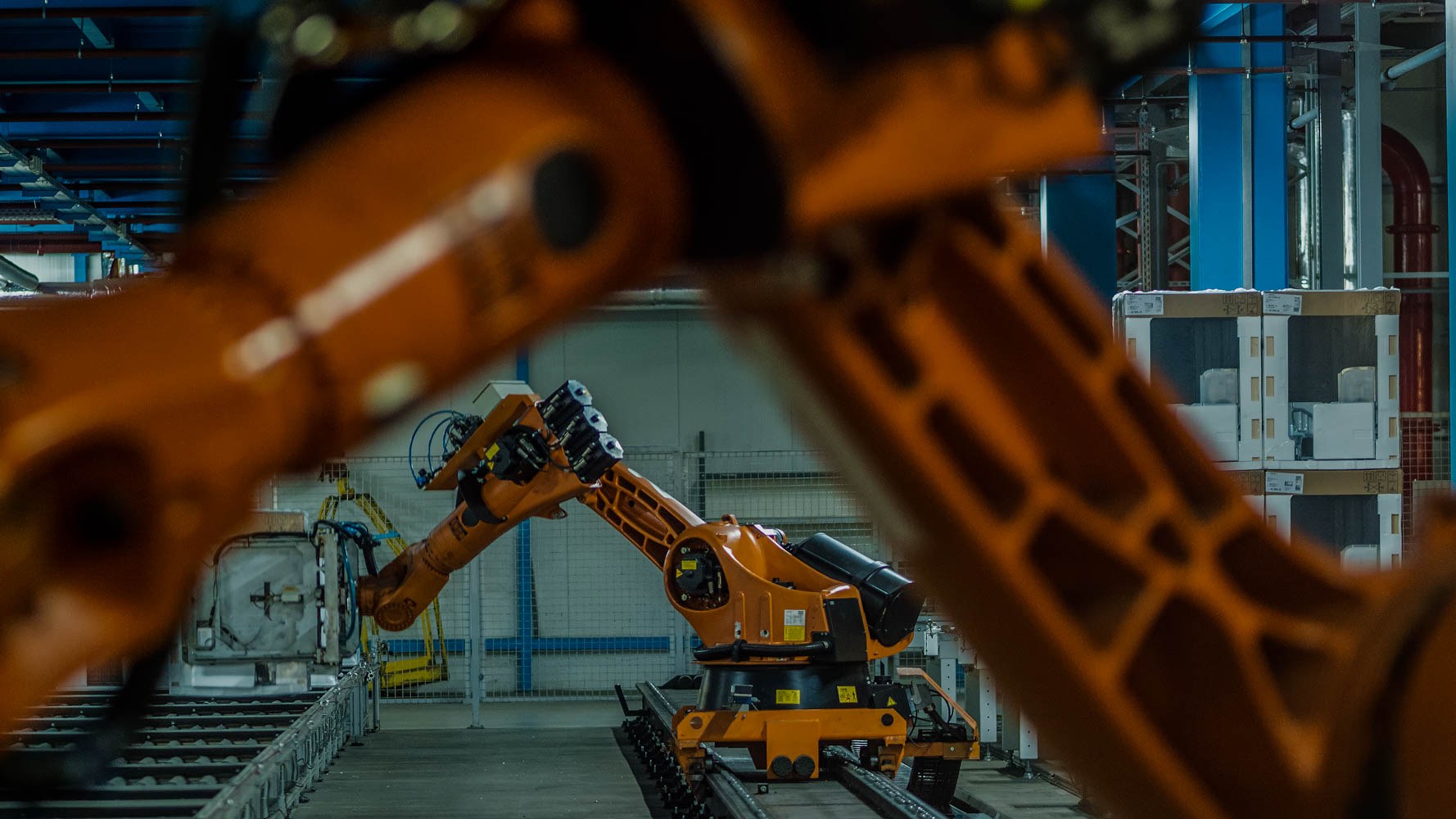Sustainability | 28 min video October 2022

Technology | 3 min read | October 2022

Technology | 3 min read | October 2022
Summer 2022 shook up the crypto world, wiping out trillions of dollars in market value. However, the future is digital with underlying blockchain technology forming the bedrock of everything from digital wallets to trade finance, asset tokenization and gaming.
Consumer demand has played its part in accelerating corporate adoption of blockchain technologies. Fintech companies are disrupting traditional finance by increasingly relying on blockchain and digitalization. Many countries now also have dedicated digital banks run by large technology companies, without any offline branch.
More than 80 of the top 100 public companies are already using blockchain technology, according to Blockdata. Use cases vary from insurance to trade finance, supply chain, payments, identity, transportation and logistics. Most of those are supported by private blockchains. However, the primary innovations are now taking place on public blockchains such as Bitcoin or Ethereum protocols. For instance, a key technological breakthrough is the ongoing development of solutions such as rollups layer 2 to solve the blockchain trilemma, by achieving decentralization, scalability and security simultaneously.
Asset tokenization of everything from real estate to private illiquid securities and art is also powered by blockchain technology. Tokenization unlocks liquidity of private assets while taking advantage of automation through smart contracts in a cost efficient manner. It also ensures instant settlement and paring down of the minimum investment amount required. A recent example is global private equity firm KKR tokenizing a part of its healthcare fund on the Avalanche blockchain to increase access for individual investors. The asset tokenization market is projected to grow exponentially to US$24 trillion by 2027, according to the World Economic Forum.
Web3 is another area that extensively uses blockchain technology as a means to shift to interconnected and community-owned virtual worlds through the use of gaming, augmented and virtual reality. Decentralized Finance (DeFi) is also gaining mainstream adoption and worked as intended during the recent market meltdown, unlike some centralized crypto service providers that collapsed.
Meanwhile, Bitcoin, the largest crypto asset by market value that began life a little over a decade ago, has been in the chiller since the middle of the year following a broader market meltdown. It’s still considered an emerging asset class in the process of capitalization, much like gold in the 1970s. As it gains more acceptance, it will likely become less volatile and speculative.
The current volatility in crypto assets and the increased use of digital assets have brought its fair share of regulatory scrutiny, mainly driven by anti-money laundering and know-your-customer considerations. Regulatory frameworks are being put in place across the world to ensure safety and security of the digital networks through which individuals and institutions are transacting and storing value.
Acknowledging the difficulty to regulate a technology that is global and borderless by nature, central banks from countries that represent over 90% of global GDP are themselves exploring central bank digital currencies. This endeavor is to make fiat currencies digital and integrated with entities including commercial banks and fintech start-ups.
Centralized service providers may disappear, but decentralized digital assets are here to stay. The recent launch of Laser Digital, a wholly-owned digital assets subsidiary of Nomura, is a striking example of the long-term approach and confidence in this emerging technology and asset class.

Vice-President, Technology, Media & Telecom Investment Banking, Asia ex-Japan
This content has been prepared by Nomura solely for information purposes, and is not an offer to buy or sell or provide (as the case may be) or a solicitation of an offer to buy or sell or enter into any agreement with respect to any security, product, service (including but not limited to investment advisory services) or investment. The opinions expressed in the content do not constitute investment advice and independent advice should be sought where appropriate.The content contains general information only and does not take into account the individual objectives, financial situation or needs of a person. All information, opinions and estimates expressed in the content are current as of the date of publication, are subject to change without notice, and may become outdated over time. To the extent that any materials or investment services on or referred to in the content are construed to be regulated activities under the local laws of any jurisdiction and are made available to persons resident in such jurisdiction, they shall only be made available through appropriately licenced Nomura entities in that jurisdiction or otherwise through Nomura entities that are exempt from applicable licensing and regulatory requirements in that jurisdiction. For more information please go to https://www.nomuraholdings.com/policy/terms.html.

Jump to all insights on Technology
Sustainability | 28 min video October 2022
Sustainability | 6 min read August 2022
Sustainability | 5 min read August 2022